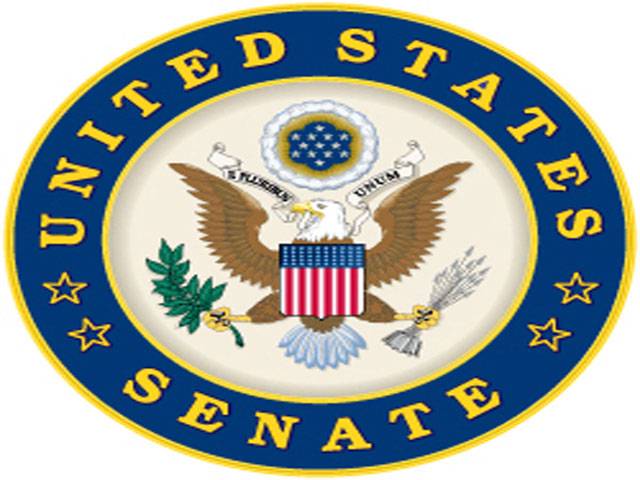WASHINGTON - The US Senate unanimously passed the Pentagon’s 2013 budget, despite a political impasse over debt reduction that could see huge cuts to military spending next year. After months of negotiations, lawmakers voted 98-0 to approve the $631 billion National Defence Authorisation Act for Fiscal Year 2013, which began on October 1. The sweeping measure, passed after five days of debate and hundreds of amendments, would tighten sanctions on Iran, restrict the president’s authorisation in handling terrorism suspects, and prohibit the military detention of US nationals.
The bill must be reconciled with a version passed earlier this year in the House of Representatives before going to President Barack Obama’s desk for his signature, though the White House has threatened a veto. The two versions have major differences, but both Senate Armed Services Committee chairman Carl Levin and ranking Republican John McCain expressed confidence in reaching consensus in conference. The administration “strongly objects” to sections of the bill that would, among other things, impose restrictions on the use of funds to transfer detainees held at the US Naval base at Guantanamo Bay, Cuba to foreign countries; and to the proposed trimming of civilian and contract workers. “If the bill is presented to the president for approval in its current form, the president’s senior advisers would recommend that the president veto the bill,” the Office of Management and Budget said last week. Obama had sought $614 billion, of which $89 billion would go to the war in Afghanistan.
But the Senate hiked the total figure by $17 billion, even as lawmakers and the president grapple with how to avoid hundreds of billions of dollars in automatic spending cuts that kick in next month if no deficit reduction deal is reached. Tuesday’s legislation saw more than 140 amendments added to the bill, including a ban on the US government detaining American citizens or US permanent residents without charge, and tough new economic sanctions on Iran aimed at stalling the Islamic republic’s nuclear programme.
Sunday, May 19, 2024
$631b American defence budget approved

PPP rejects in-house change proposal in Azad Kashmir
2:58 PM | May 19, 2024
PM directs to make arrangements to bring back Pakistani students from Kyrgyzstan
2:10 PM | May 19, 2024
Ishaq Dar’s Kyrgyzstan visit ‘cancelled’
12:59 PM | May 19, 2024
SIFC’s project Green Tourism revolutionizing tourism sector in GB
12:42 PM | May 19, 2024
Punjab CM, Japanese envoy discuss ways to strengthen bilateral trade & investment
12:35 PM | May 19, 2024
NEPRA’s Neglect
May 19, 2024
Colonial Grip
May 19, 2024
Confrontational Politics
May 19, 2024
Sports & Genocide
May 18, 2024
Healing AJK
May 18, 2024
Unsung Heroes of Society
May 19, 2024
Water Shortage in Our Area
May 19, 2024
The AI Trap
May 19, 2024
Continuing Narrative of Nakba
May 18, 2024
Teacher Struggles
May 18, 2024
ePaper - Nawaiwaqt
Advertisement
Nawaiwaqt Group | Copyright © 2024





